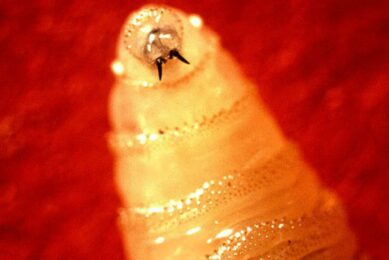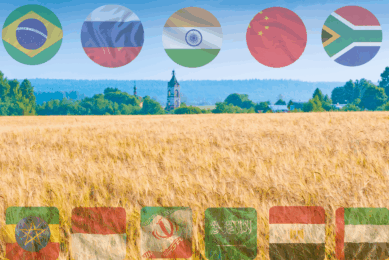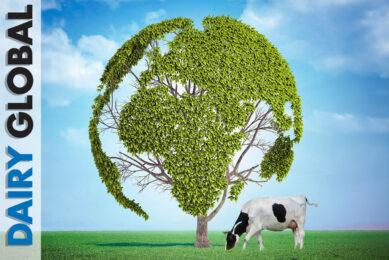Hot topics in edition 3: Top innovations and zero grazing
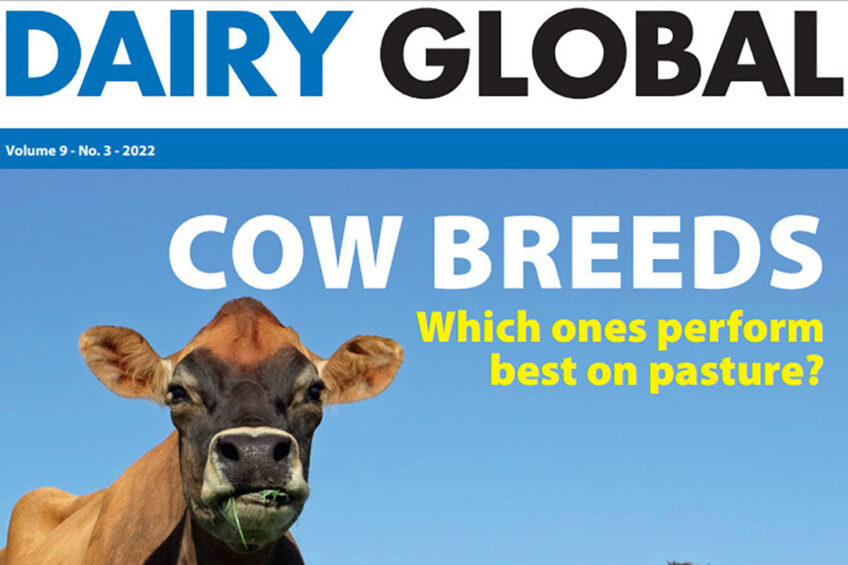
There are many hot topics in this edition! From zooming in on zero grazing and its advantages to understanding why the most expensive cow in the world is so valuable, as well as a look at the best surface for lameness prevention. Also, don’t miss the interview with World Dairy Expo GM, Laura Herschleb, and check out the top dairy innovations at SPACE 2022.
Interview with Laura Herschleb, WDE GM: “Sustainability is top of mind for dairy farmers”
Earlier this year, Laura Herschleb was announced as the new World Dairy Expo general manager. It goes without saying that she will have many tasks to tackle in leading and overseeing the organisation of this major dairy event in Wisconsin in the US. We caught up with Herschleb, touching on sustainability within the dairy sector and dairy’s role in the future food supply. Page 6.

WDE recognises global dairy leaders
The World Dairy Expo recognised global dairy leaders in March this year. Here we spoke to the 2022 recipients of the Recognition Awards for Dairy Producer of the Year, Industry Person of the Year, and International Person of the Year. Page 8.
READ THE DIGITAL MAGAZINE HERE
Which breeds perform best on pasture?
As average global temperatures rise and the number of extreme heat days increases, we consider the latest findings on which breeds perform best on pasture. Global warming is a big worry for dairy farmers worldwide, and there is therefore increased interest in which cow breeds perform better with pasture-based systems. Page 10.
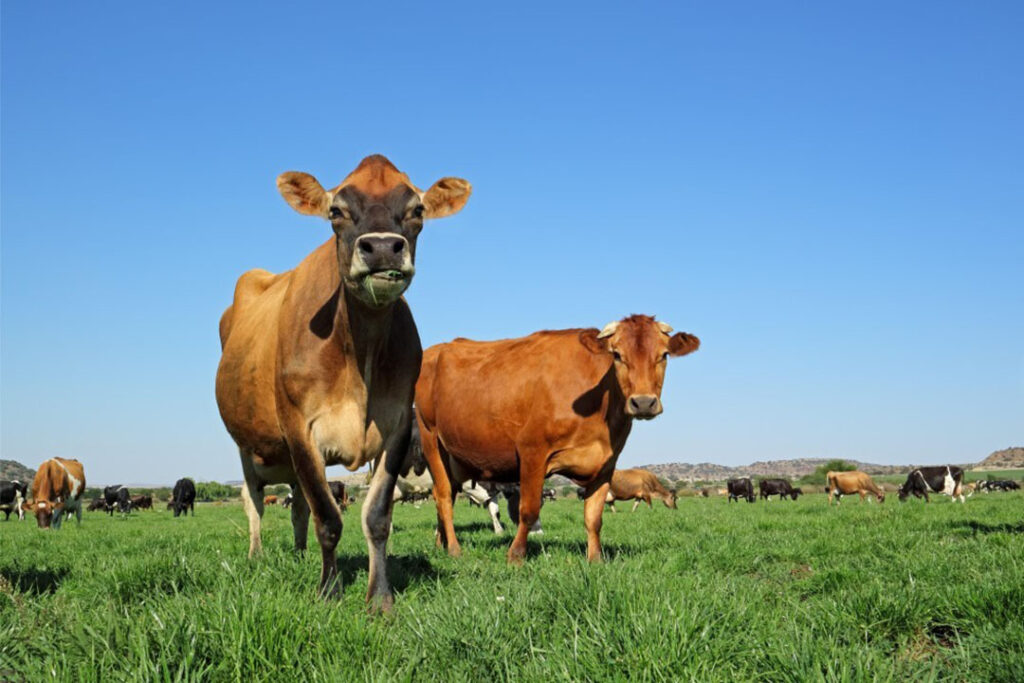
Grazing behaviour: Why knowing your cows counts
Knowledge of the normal behaviour and daily activities of dairy cows can be useful. A behaviour change can indicate some fault in management or animal health, and it may be possible to alter and improve the herd routine as a result of studying the pattern of behaviour. Page 14.
11 innovations not to be missed at SPACE 2022
Those in the dairy sector will once again get the chance to experience a trip to Rennes in France where SPACE 2022 will take place in September. Many innovations will be showcased, and here are some not to be missed! Page 20.
READ THE DIGITAL MAGAZINE HERE
How does zero grazing measure up?
Climatic conditions – whether too wet or too dry – are often the deciding factors that persuade dairy farmers to use zero grazing as a management tool. If the country is too hot, cows might be affected by heat stress. Zero grazing is a possible solution. Likewise, if the climate is too wet in a region, grazing cows could do a lot of damage, leaving zero grazing as the only option. Page 16.
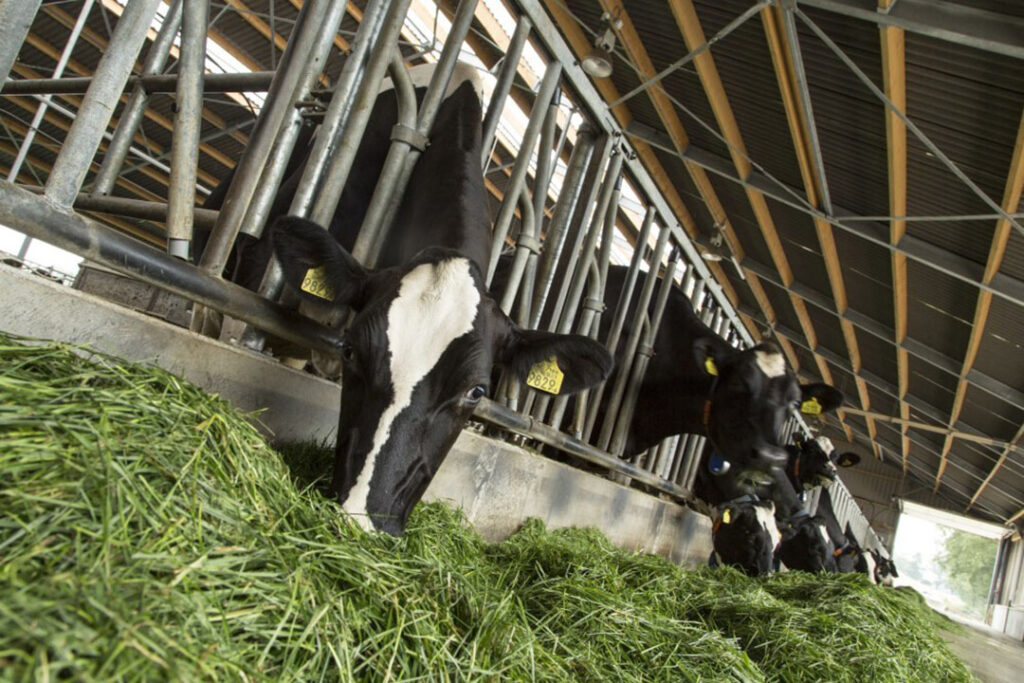
Improving home-grown feed on the farm
Australian dairy farmer, Will Russell, is working on higher milk production per cow. Pasture management and better feeding practices have already led to improvements on the farm. Page 22.
Nutritional supplements for well-performing ruminants
Many farmers are using nutritional supplements to improve digestive functions, promote vitality, health, immunity and reproduction, and maintain a good body balance. A survey done in France shows that 45% of farmers are using nutritional supplements. Page 24.
READ THE DIGITAL MAGAZINE HERE
The most expensive dairy cow in the world
Why has ‘Doc’ just smashed the sales record, and why is she so valuable? Doc – or if you use her official name, S-S-I Doc Have Not 8784-ET – is a large and gorgeous Holstein cow. Doc is mostly black in coat colour, has a tremendous udder and shines with health. But it’s what’s inside Doc – her genes – that led to her recently smashing the previous sales record for a Holstein cow in the US (and as far as anyone can gather, the world). Page 26.
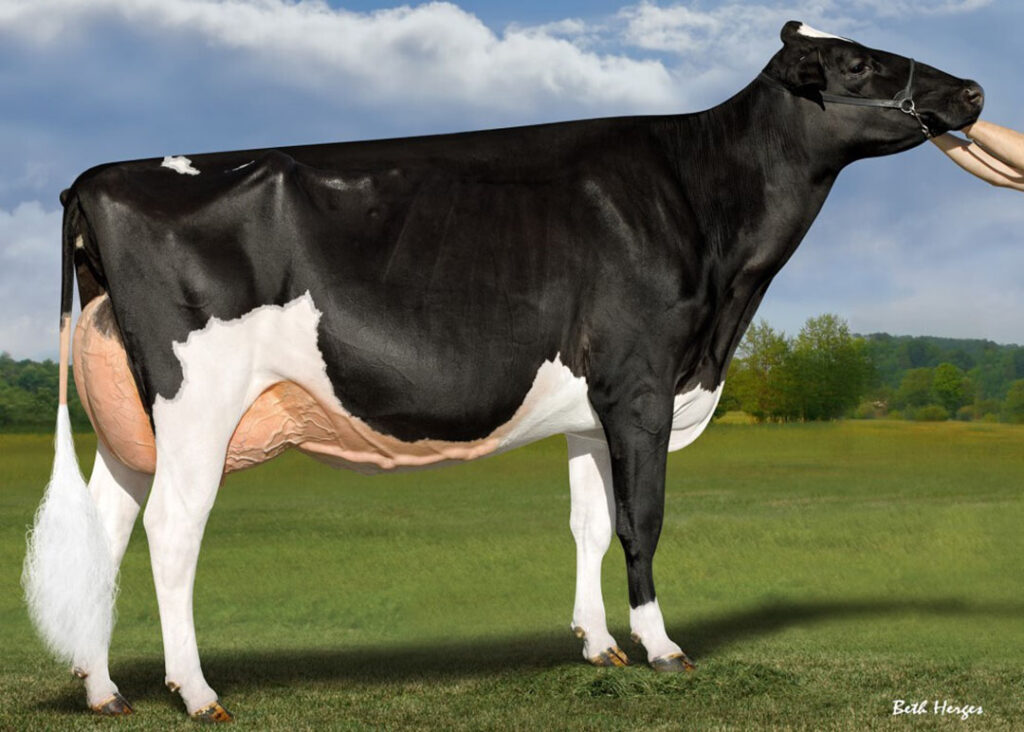
The role of claw trimming in welfare and profitability
Claw trimming is an essential lameness management procedure that improves claw health by creating appropriate weight distribution between the medial and lateral claws. In addition, claw trimming affects dairy cattle behaviour and milk yield, in turn improving welfare, production performance and profitability. Page 29.
What is the best surface to prevent lameness?
While grass is the best support surface for cattle, in many places it cannot be used, particularly when climate conditions are too harsh for grass to grow or be maintained, or in housing systems that do not support access to a grass surface. In such circumstances, what other types of surfaces can be used and what role do they have in either promoting or preventing lameness? Page 31.
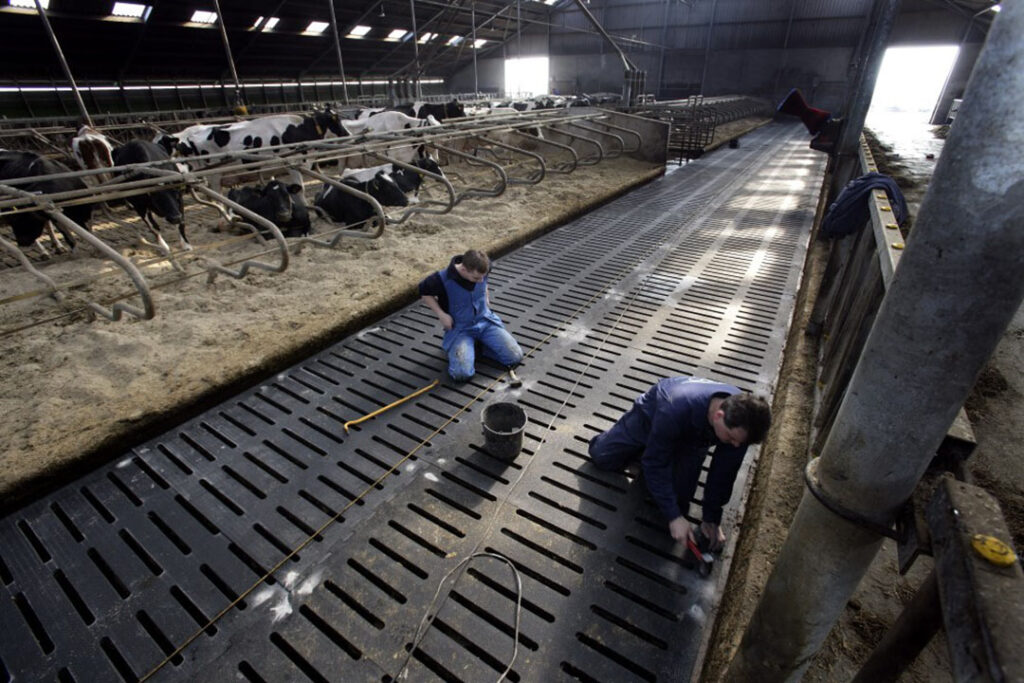
Getting dairy feed bunk management right
When we think of feed bunk reading, beef lots normally come to mind. But dairies use the same types of bunks, deliver similar consumables and have comparable, although more distinct in colour, cattle line up shoulder to shoulder in front of them. Page 33.
Join 13,000+ subscribers
Subscribe to our newsletter to stay updated about all the need-to-know content in the dairy sector, two times a week.



